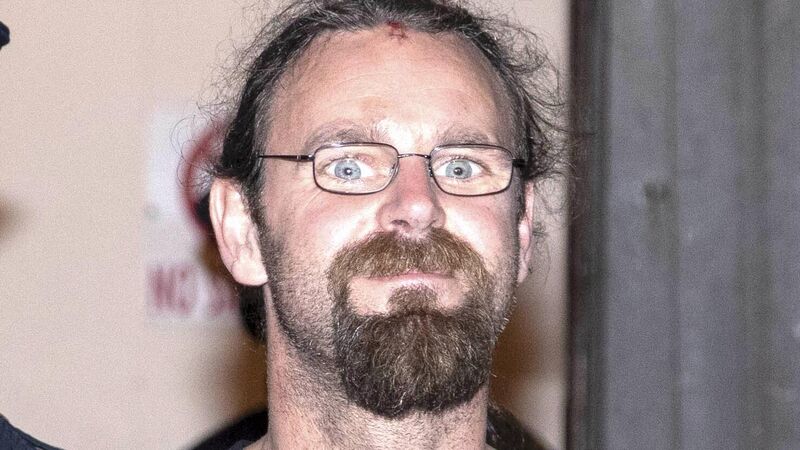Garda Colm Horkan escorted murder accused to psychiatric unit 20 years ago, court told

Stephen Silver has has pleaded not guilty to the murder of Detective Garda Colm Horkan but has pleaded to manslaughter. Picture: Colin Keegan/ Collins
Stephen Silver, who is on trial accused of murdering Garda Colm Horkan with his own gun, engaged in “normal chit chat” with a number of workmen he met over breakfast on the morning the garda was shot and killed, the Central Criminal Court has heard.
Witness Seamus Horgan said he and two colleagues encountered Mr Silver while they were staying in a hotel in Dublin and over breakfast on the morning of June 17, 2020 he struck up a “normal conversation” with them about sport, politics and work.














